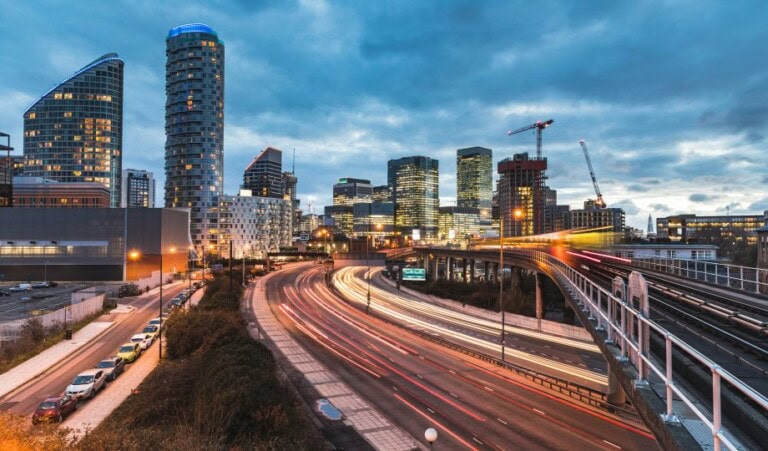UKGBC responds to the CCC's 7th Carbon Budget
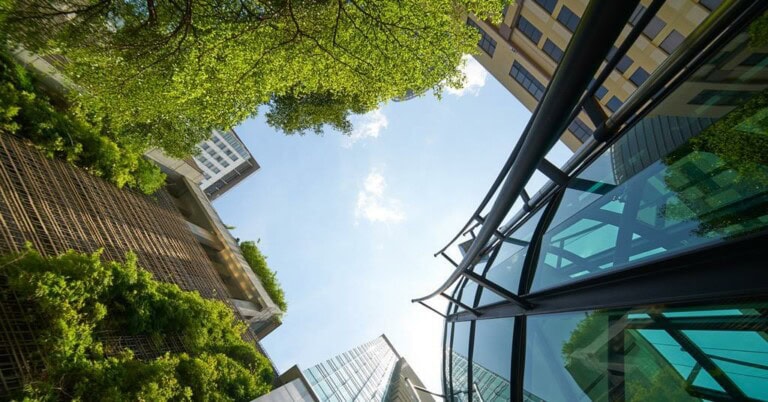
Today, the Climate Change Committee released their seventh Carbon Budget.
Smith Mordak, Chief Executive Officer of UKGBC, said:
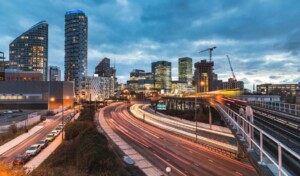
The long awaited seventh carbon budget – the “buildings budget” is here. Around a quarter of emissions reductions required by the budget between 2038-2042 need to come from buildings. This means a significant scale up in the decarbonisation efforts from our industry.
As UKGBC’s Whole Life Carbon Roadmap demonstrated, and the CCC have confirmed today, the biggest emission reduction for our sector needs to come from the residential sector, with emissions required to fall by 66% by 2040. This will require an increase in the roll out of energy efficiency measures such as insulation, but most significantly, weening ourselves off the gas grid with rapid uptake of electric heating (heat pumps). UKGBC has long-called for a national retrofit strategy, with sufficient funding (our calculator estimates £64bn will be needed across ten years) and a full suite of effective policies to drive change in the sector – so it’s good to see the CCC calling for ‘a clear long-term framework of regulation’.
As the CCC’s latest budget sets out, we now need key policy levers to be pulled, including, making electricity cheaper, better building regulations to ensure we’re not constructing buildings that will need to be retrofitted before 2050, and a clear and committed phase out date for fossil heating. All of which must be met with financial incentives and public engagement to avoid misinformation and empower people to take up low carbon technologies.
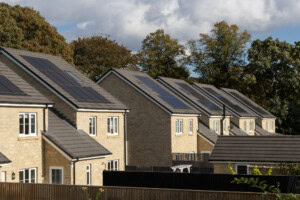
Critical technologies, like heat pumps, are already in the mass adoption phase in many other countries. We hear all the time from our members that we need to move on this to ensure the benefits of this transition are felt by a UK workforce and supply chain. This budget shows that the UK is trailing behind and we need to catch up fast – not only to decarbonise our buildings, but to back up our claims and ambitions of international climate leadership.
The Seventh Carbon Budget has come at a time when public and political sentiment towards net zero is in turmoil. However, the CCC’s citizen panel makes clear that net zero must not be a cost to people – affordability and accessibility to these changes must be addressed so that we can feel the benefits that come from improving our built environment – increased health, reduced fuel poverty, and greater energy security.
As this latest report reminds us, the carbon in the atmosphere pays no heed to our human politics or short-term fiscal thinking, and inaction will only mean the gruelling impacts of climate change continue to worsen alongside innumerable and uncountable long-term costs. The central message is that we must look beyond the short-term: implement solutions now, increase investment now, begin collaborations now in order to ensure the sustainable, long-term flourishing for people, places, and planet.”
Related
UKGBC launches a Commercial Retrofit Innovation map

UKGBC announces new innovation initiative with Breakthrough Energy and FORE Partnership
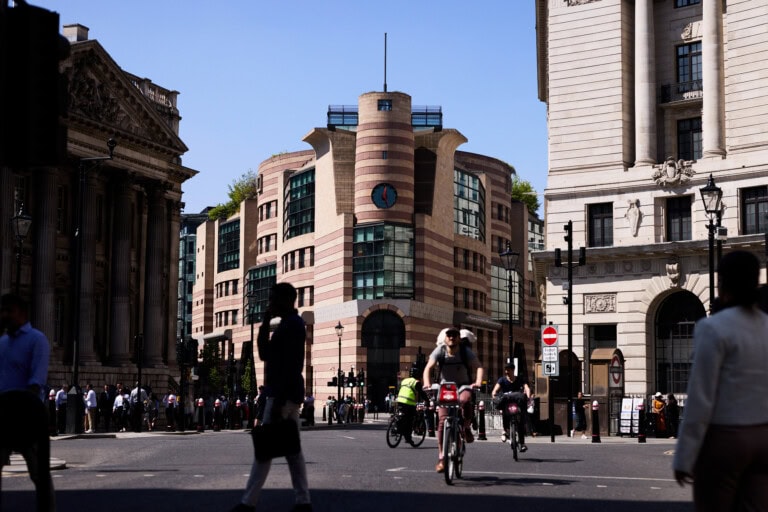
UKGBC responds to Kemi Badenoch’s net zero speech

UKGBC responds to publication of Planning and Infrastructure Bill
